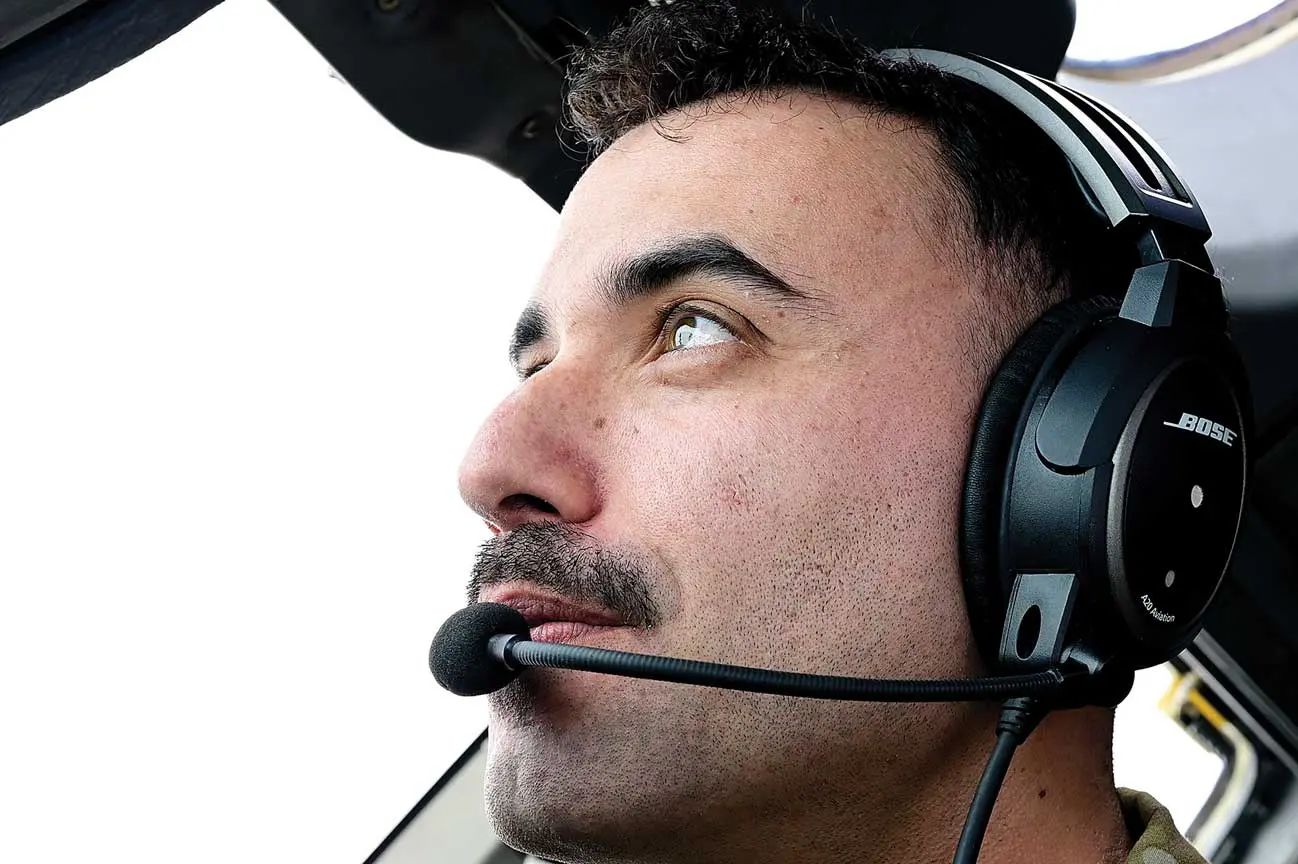Fatigue While Flying: Preventions and Resolutions
By MS. TIFFANY L. TOLBERT, STAFF WRITER
Many differences exist between individuals, or rather, every human being is unique. Because of this uniqueness, it is hard to definitively define what fatigue is.
From an operational perspective, fatigue is characterized by a reduced capacity for work, a reduced level of productivity, and feelings of drowsiness and exhaustion. There are many origins of fatigue; it can result from boredom or physical exertion as well as from stress, dehydration, illness, or as a side effect of medication. However, the simplest reason for fatigue is a lack of sleep.
No one is exempt from fatigue, and it is particularly common among pilots because of their unpredictable schedules, extended work hours, and travels to various time zones. Even with regulations limiting flight time and enabling optimal rostering, fatigue cannot be entirely prevented. Because it poses a safety risk to military (and civil) aviation, and to a pilot’s personal well-being, it is important to learn how to detect, deter, and resolve fatigue.
Obtaining adequate sleep is the best way to discourage fatigue; sleep provides the body with a period of rest and recuperation. Rest and recuperation give the body time to repair and rebuild itself, and research shows that resting enhances one’s thinking, creativity, and productivity. Seven or more hours of sleep per night is recommended for adults in addition to periods of mental downtime and recovery—which are just as important as physical rest. For pilots, mental downtime can consist of a short activity break (e.g., walking leisurely) between flight operations and activities, which allows time to relax and prepare for the time mental faculties will be most required. Other means that can aid pilots in warding off fatigue include:
- Conducting self-assessments. These assessments involve learning one’s personal signs of fatigue and actively looking out for when they occur; when any sign of fatigue is first noticed, do not just continue with business as usual.
- Being mindful of medications. This involves reading the pharmacy label and any stickers that may be attached to a medicine bottle or box for information on how to properly take the medication and for possible side effects. Medications, including prescription, over-the-counter, and complementary medicines, can cause unwanted side effects, including drowsiness or impaired alertness.
- Getting plenty of rest. Resting involves a period of cessation from action or motion. When lying down, try creating a comfortable sleep environment. For example, sleep on a comfortable mattress, adjust the temperature setting of heating and cooling systems as needed, and use a sleep mask to help block out any light and other distractions. Also, taking daytime naps before shift work helps to deter fatigue and increase performance. Resting before a flight also helps to minimize stress.
- Drinking water and eating healthy. Pilots are much more likely to become dehydrated in the cockpit of the plane than on the ground. Staying hydrated and eating nutritious foods involves consuming water and the right amount and types of food at the right times. Healthy foods (e.g., vegetables, fruits, proteins, and carbohydrates) help keep pilots more alert and energized than sugary items.
Fatigue, or the feeling of exhaustion, remains an important safety risk in military aviation. Because fatigue affects everyone differently, a one-size-fits-all solution is difficult to pinpoint. However, there are several preventable measures pilots can integrate into their personal and professional routines to reduce the occurrence of fatigue and increase their alertness while flying.

